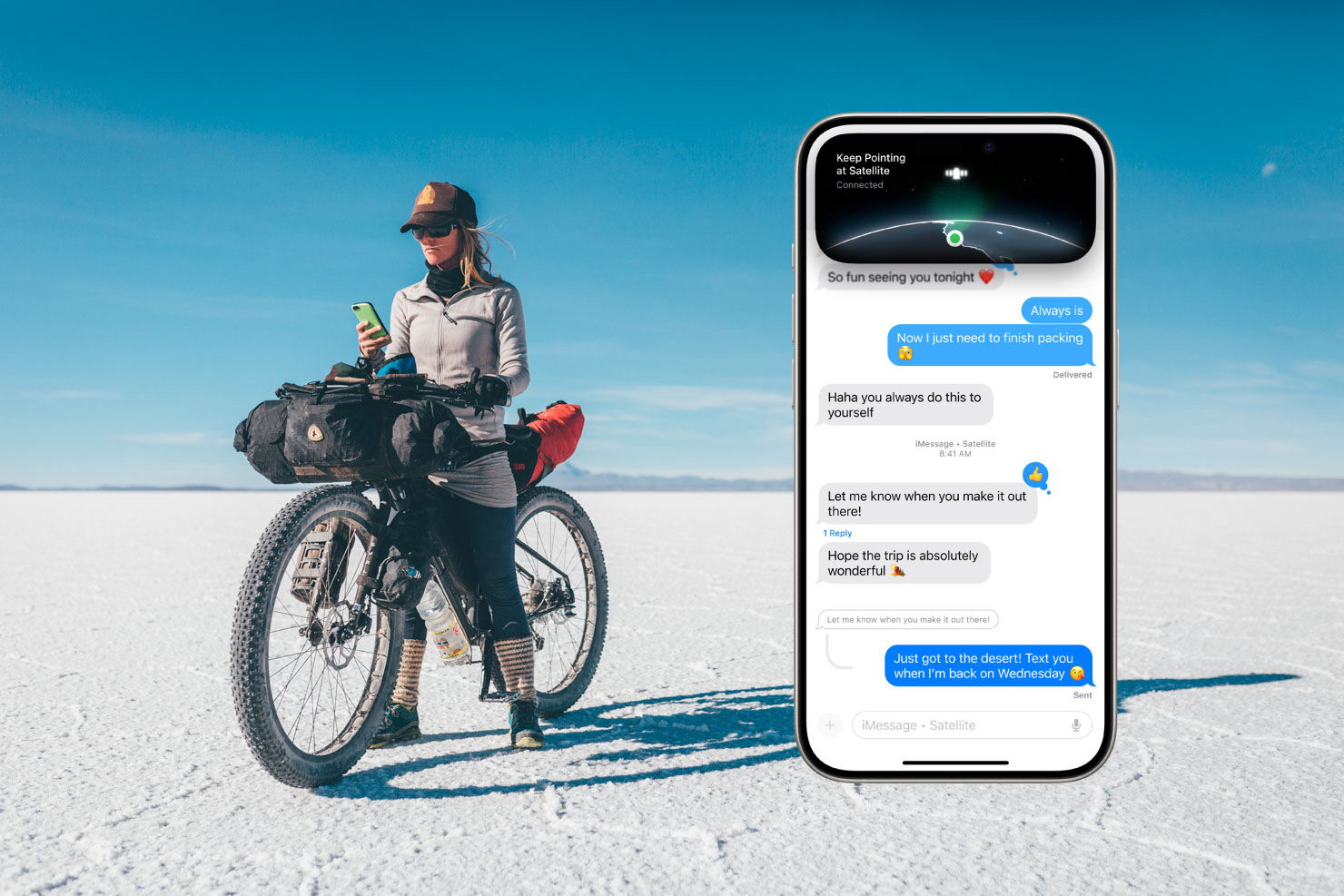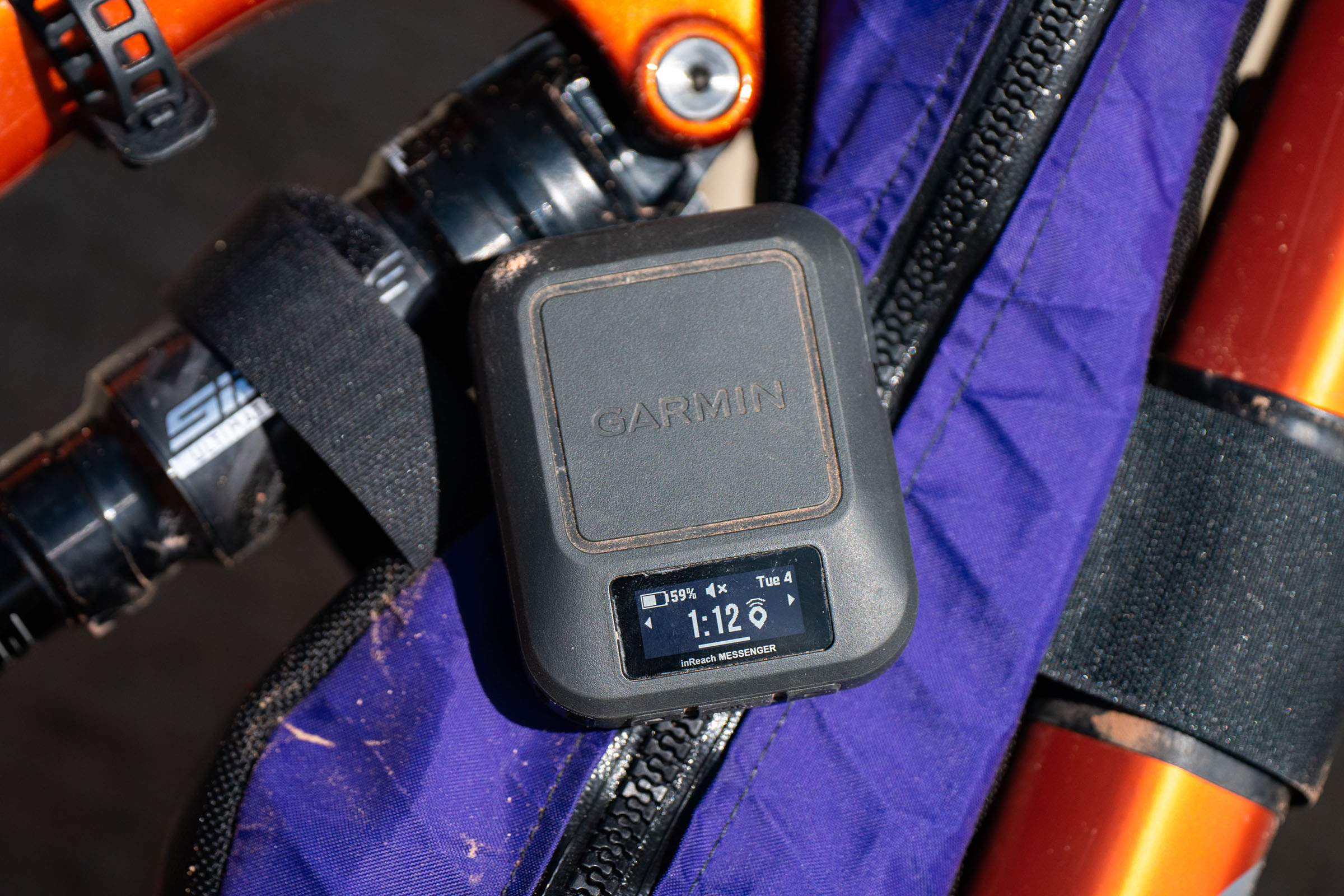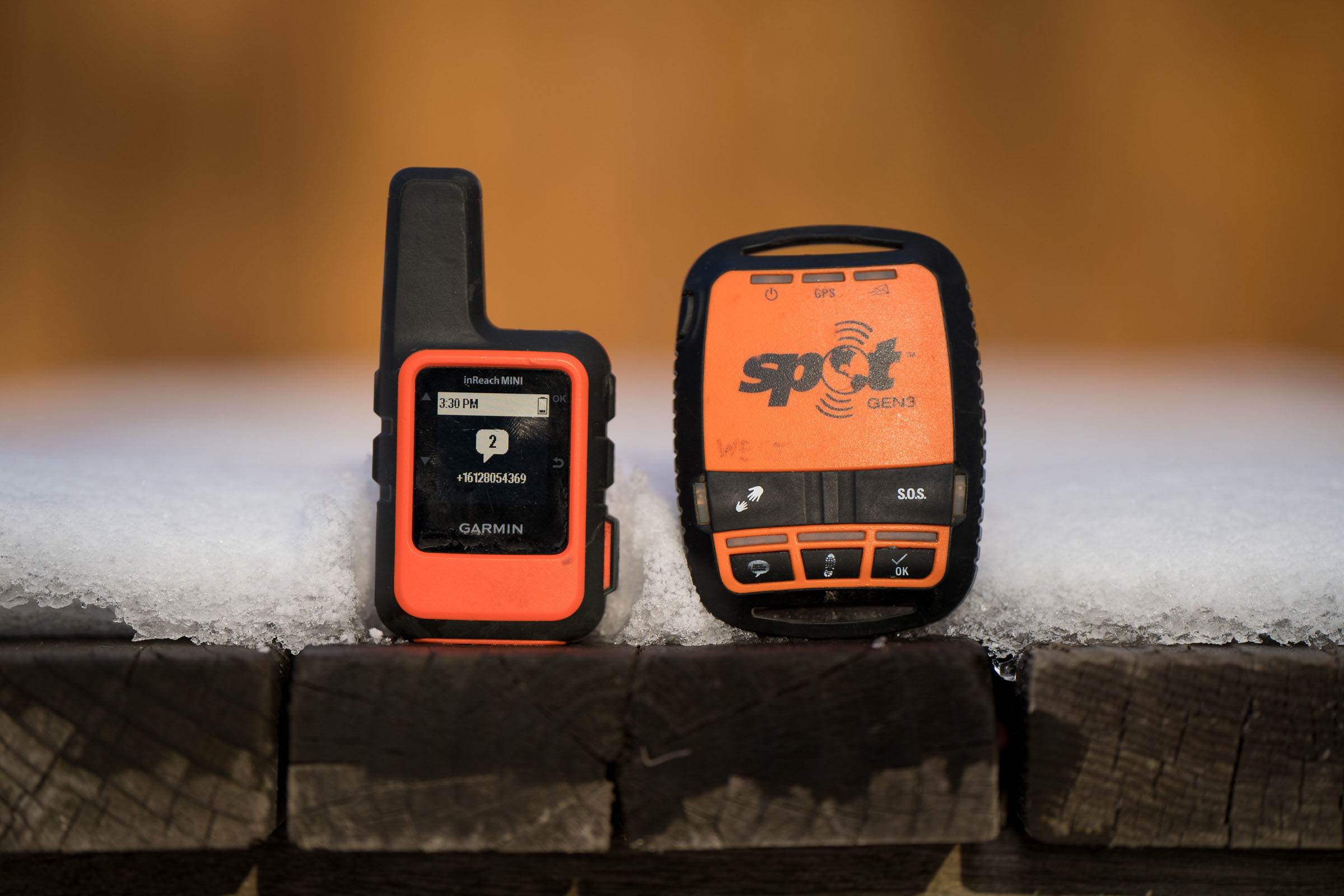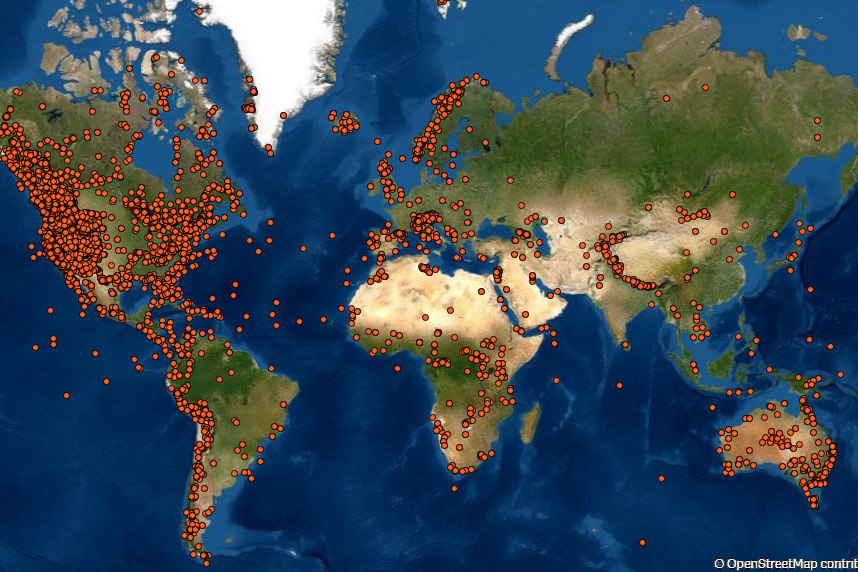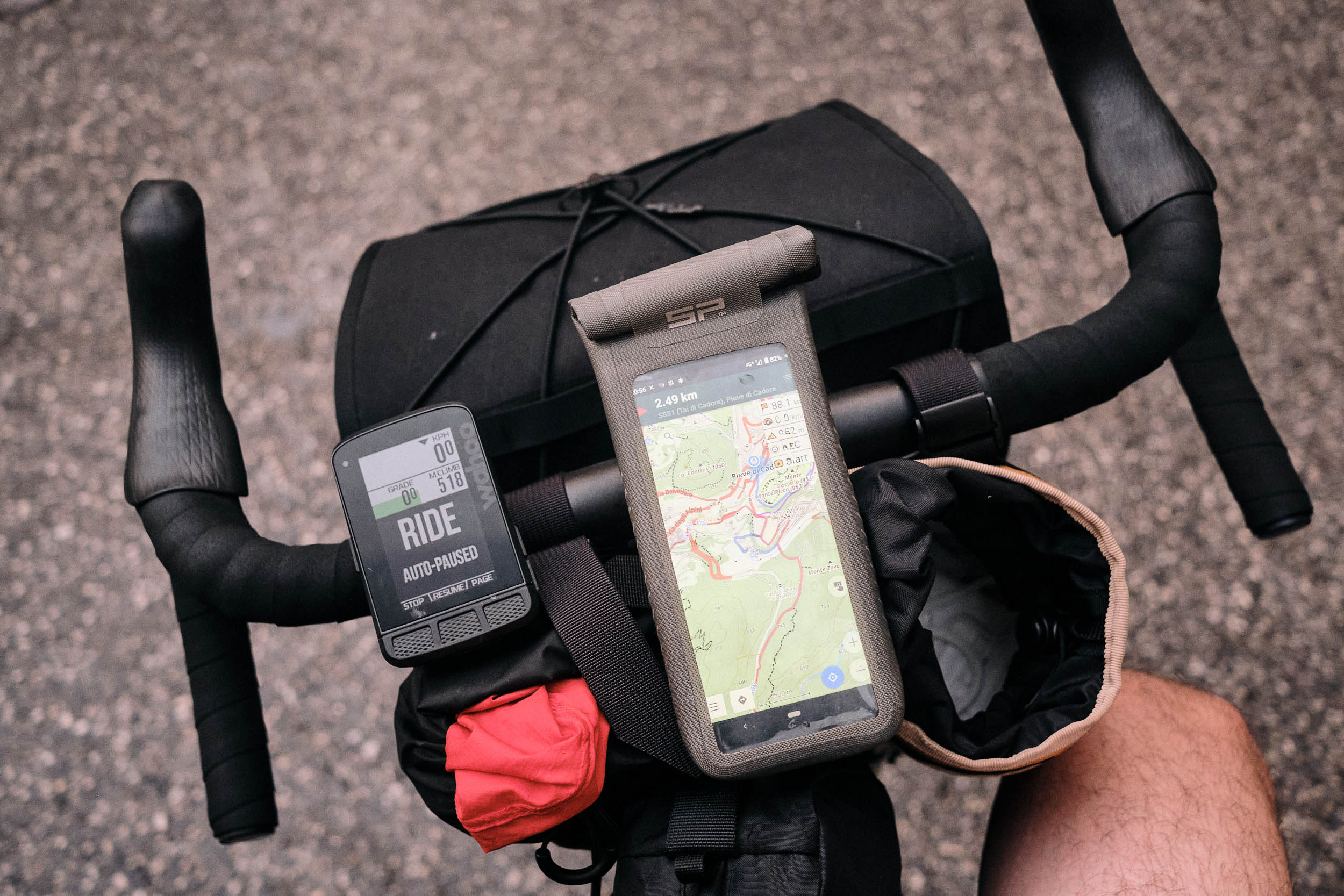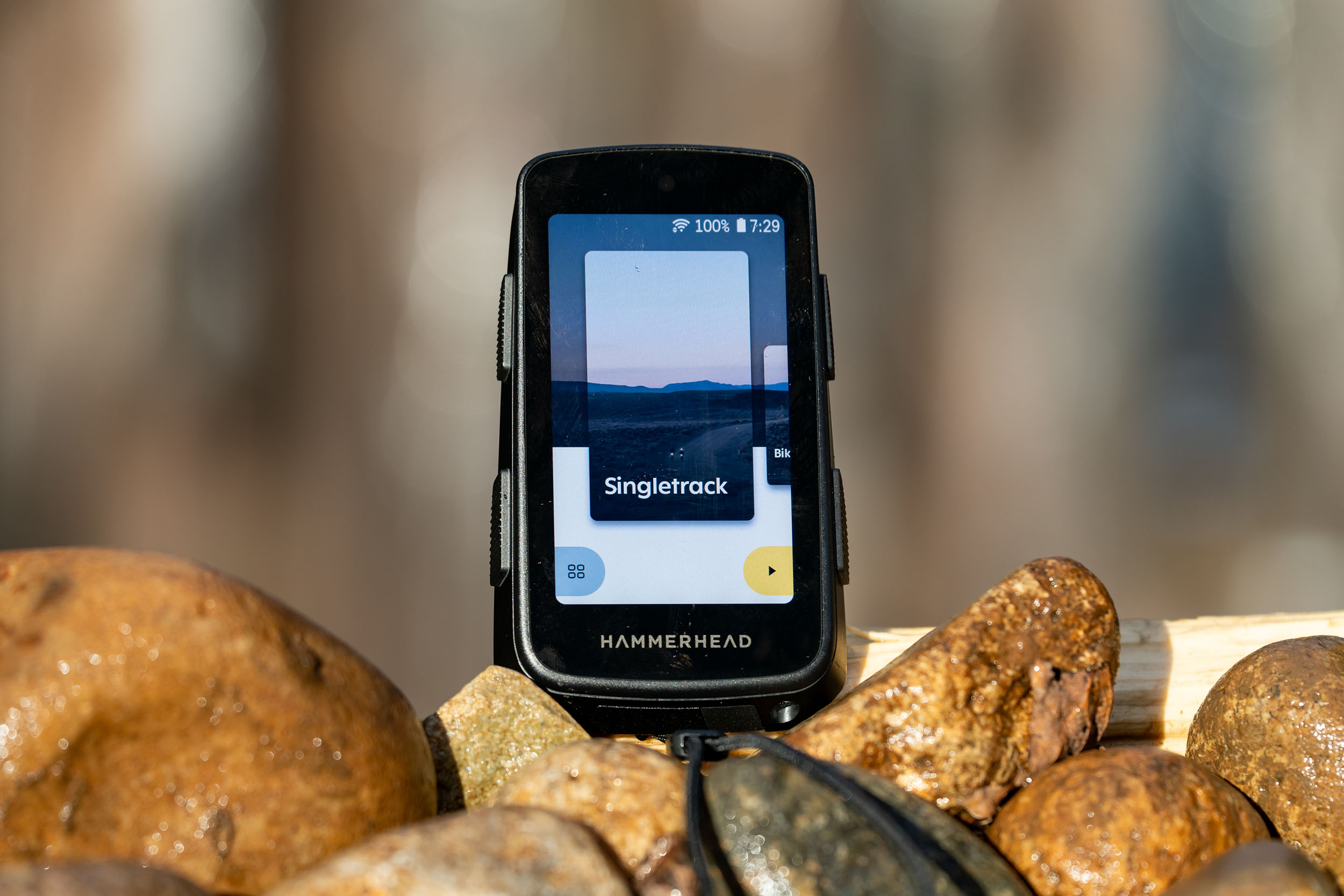At their Worldwide Developer Conference (WWDC) yesterday, Apple announced that their new IOS 18 operating system will allow iPhone users to receive and send SMS text messages via satellite, without cell service or Wi-Fi. Learn more about Apple iOS 18 satellite text messages here…
Yesterday in Cupertino, California, Apple introduced iOS 18, its latest iPhone/mobile operating system. With the new release comes a major upgrade to the Emergency SOS functionality that’s currently available on the latest iPhones. The enhancements include the ability to send and receive SMS and text messages via satellite without a Wi-Fi or cellular connection. This is great news for folks who typically rely on devices such as the Garmin inReach or SPOT for off-grid communication. Here’s the official statement from Apple:
“iOS 18 introduces Messages via satellite for the times when cellular and Wi-Fi connections aren’t available. Powered by the same groundbreaking technology as existing iPhone satellite capabilities, Messages via satellite automatically prompts users to connect to their nearest satellite right from the Messages app to send and receive texts, emoji, and Tapbacks over iMessage and SMS.3 With Dynamic Island, users always know when they are connected to a satellite. Because iMessage was built to protect user privacy, iMessages sent via satellite are end-to-end encrypted.”
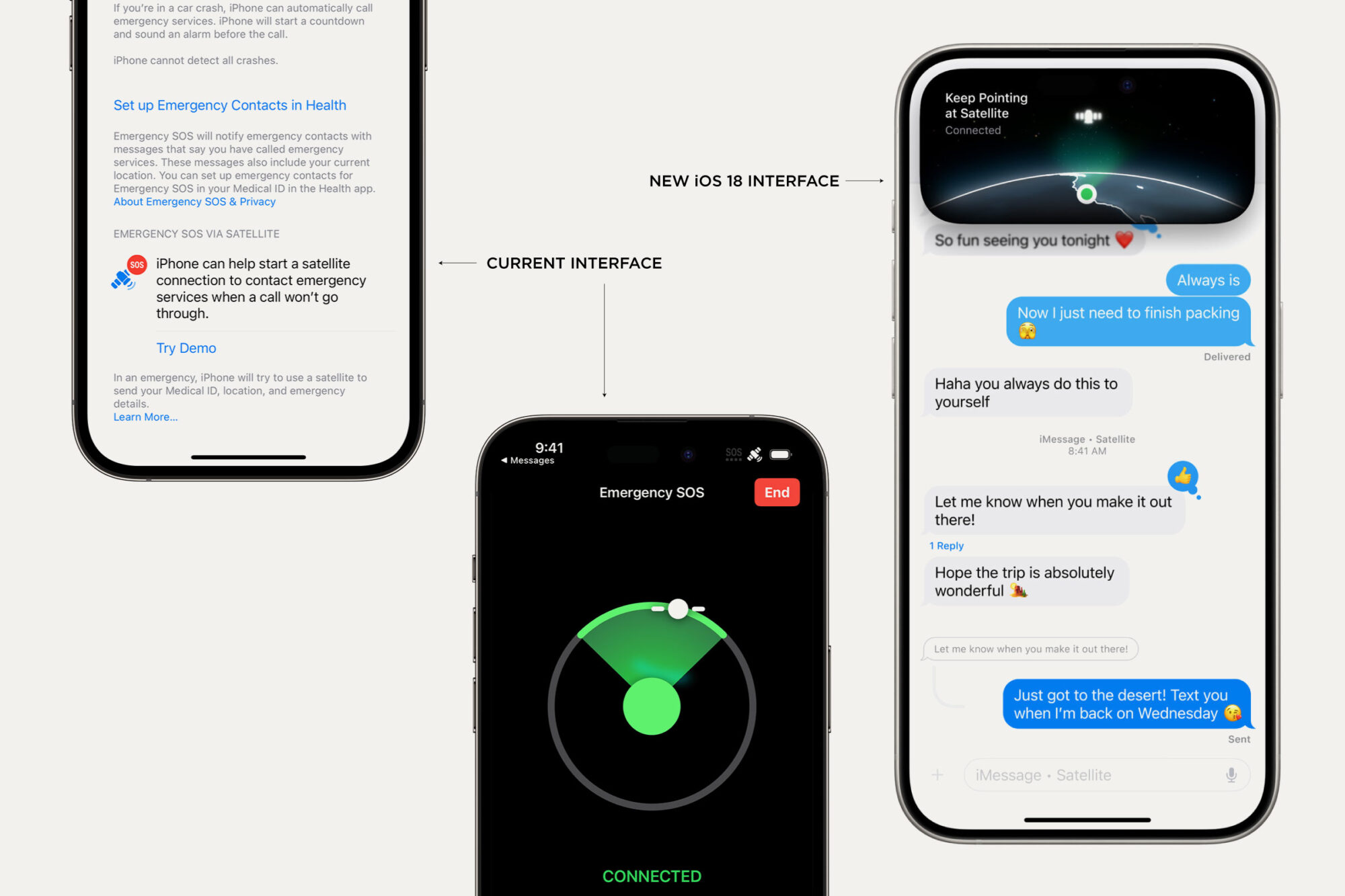
According to Apple, iOS 18 satellite text messages will support all iMessage features, including emojis and Tapbacks, with conversations remaining end-to-end encrypted. Messages via satellite will be available on the same devices that support Emergency SOS via satellite, which is currently iPhone 14 and later models.
Although Apple hinted at plans to eventually charge for satellite text messaging services, pricing has not been disclosed, and they haven’t specified how an added subscription model would work. Emergency SOS via satellite is currently free for iPhone 14 users for three years and the iPhone 15 models include two free years.
What do you think? Would this capability sway you away from carrying a dedicated satellite device? Let us know your opinion on the conversation below.
Further Reading
Make sure to dig into these related articles for more info...
FILED IN (CATEGORIES & TAGS)
Dispatch
Please keep the conversation civil, constructive, and inclusive, or your comment will be removed.







